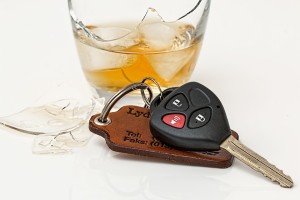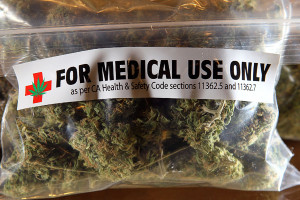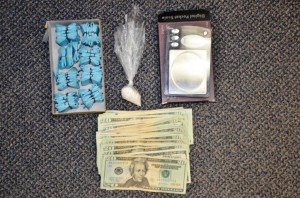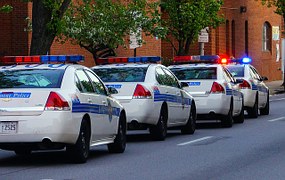 Two county jails in Maryland are now under investigation for alleged mistreatment of juvenile inmates. In response to complaints lodged by the Public Defender’s Office, the State Department of Education is investigating whether juvenile inmates were properly separated from the adult jail population while being housed at adult facilities. State and federal law requires juvenile inmates to be totally separated by sight and sound from the rest of the population, which is often accomplished by housing them in separate wings or units of the jail. But the Baltimore County and Frederick County Detention Centers now stand accused of violating these laws and have yet to issue any statements denying the accusations.
Two county jails in Maryland are now under investigation for alleged mistreatment of juvenile inmates. In response to complaints lodged by the Public Defender’s Office, the State Department of Education is investigating whether juvenile inmates were properly separated from the adult jail population while being housed at adult facilities. State and federal law requires juvenile inmates to be totally separated by sight and sound from the rest of the population, which is often accomplished by housing them in separate wings or units of the jail. But the Baltimore County and Frederick County Detention Centers now stand accused of violating these laws and have yet to issue any statements denying the accusations.
A 2015 Maryland law requires that juvenile defendants charged with adult crimes must be housed in juvenile facilities until their request to transfer the case back to juvenile court has been denied. Legally speaking the transfer request is called a reverse waiver hearing. This is an essential stage of the case, and all child defendants must be afforded the opportunity to have their lawyer argue for the case to be heard in juvenile court. Adult criminal court simply does not offer the same type of services and support as juvenile court and is focused on punishment rather than the education and treatment.
Defendants under the age of 18 who commit a felony such as first degree assault or robbery with a firearm must petition a circuit court judge for a reverse waiver in order to be tried in juvenile court. Juvenile courts do not have original jurisdiction for serious offenses of this nature. The process of waiving a case down does not happen automatically and if a motion is not filed the defendant may lose this opportunity. At the reverse waiver hearing the judge will consider numerous factors such as the age of the child, the risk to public safety and the mental and physical condition of the child. If the judge denies the reverse waiver the child must then be transferred to an adult jail facility pending the results of the trial. Defendants that are in school at juvenile facilities will be taken out and sent to jails that offer minimal educational opportunities, and according to these reports struggle to keep their most vulnerable defendants safe.
 Criminal Defense Lawyer Blog
Criminal Defense Lawyer Blog









